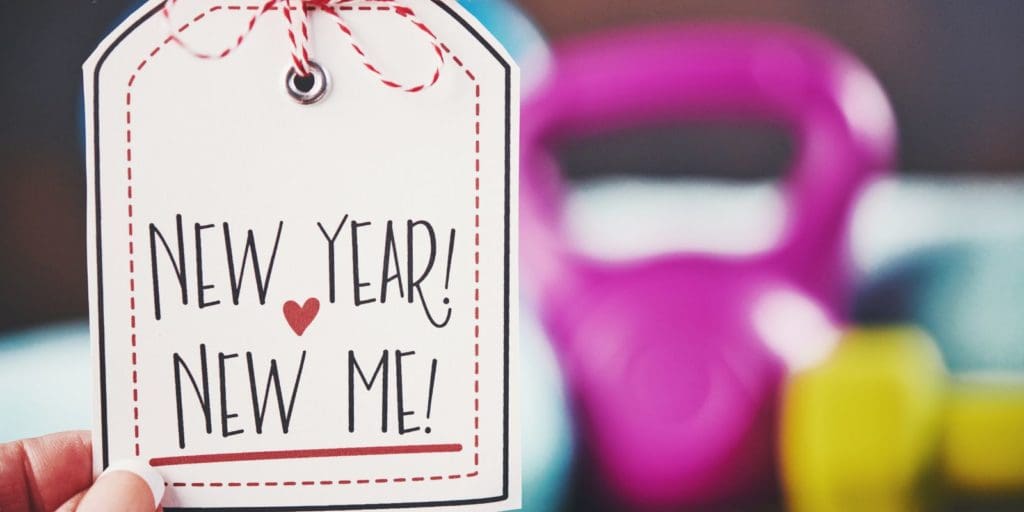Research has shown that the second week of January is when most people’s motivation and resolve begin to falter and New Year resolutions start to fall by the wayside.
However, Gemma Hartnoll-Smith, Ludlow Street Healthcare’s well-being officer, believes that people don’t stick to their resolutions because they haven’t truly visualised the change they want to see in themselves and by making smaller, easier changes, people will get the most long-term benefit.
Gemma said: “Making smaller changes can often be far more effective and achievable than trying to do too much at once. And New Year’s Day doesn’t have to be the only time people make a change. There is no better day than today to implement change!”
The most important thing that Gemma believes people should be doing this January is finding ways to take better care of themselves. Gemma said: “I always advocate for people allocating time for themselves. Life is busy and it is hard, taking time out to do something you enjoy is never wasted. Personally, I enjoy painting on canvas and making cards and I always feel much better when I’ve done either.
“Although it’s a cliché, January is also a good time to take better care of your physical health. After the hecticness of December, the New Year, when life is naturally quieter for most of us, is the perfect opportunity to implement small but important steps you can take for your wellbeing.
“This could be as simple as getting more sleep. This is a good time to try and find a new sleep routine. Very little is as beneficial for our mental and physical health as sleep.
“Being well rested is also likely to increase motivation to exercise. This doesn’t need to mean an expensive new gym membership or tens of thousands of steps a day, it can simply be parking your car further away in the car park or choosing to walk to the shop instead of driving. It’s the little changes that won’t put you under too much pressure and will be far more achievable.”
In 2022, over 130,000 people in the UK signed up for Dry January and while that is positive, Gemma believes that going cold turkey isn’t always the best way to implement positive, long-term change.
Gemma said: “If you drink or smoke, your health will certainly benefit from doing less of one or both. That being said, stopping completely is a huge challenge. Cutting down incrementally is likely to bring better long-term rewards. Of course, the less you can smoke the better so, if you are serious about quitting, don’t feel you have to go it alone. Seek help by visiting your local pharmacy or chatting to the nurse at your surgery.”
Gemma’s final recommendation is a solution to a thoroughly modern problem. Gemma said: “One of the best things people can do for their mental health in 2022 is to spend less time on social media. Most people would be shocked by how much time they actually waste scrolling through social media every day.
“Yes, social media can be great for keeping in touch with people and gaining knowledge on the latest trends. However, a lot of people focus on looking at their ‘friends’ on social media and start comparing their lives with others. This can have a negative impact on how we feel about ourselves and achievements, thus making us feel inadequate. The reality is that everyone we see on social media is going through their own challenging times, but they only show us what they want us to see about their lives.
“And finally, I just want people to remember that we are all a work in progress, there will always be something that we will want to change to feel happier. The bottom line is, that whilst we are having these thoughts, we are not appreciating what we do have. Make a list of all the people and things in life you are grateful for. Being grateful for what we do have is a much happier way to live your life.”

